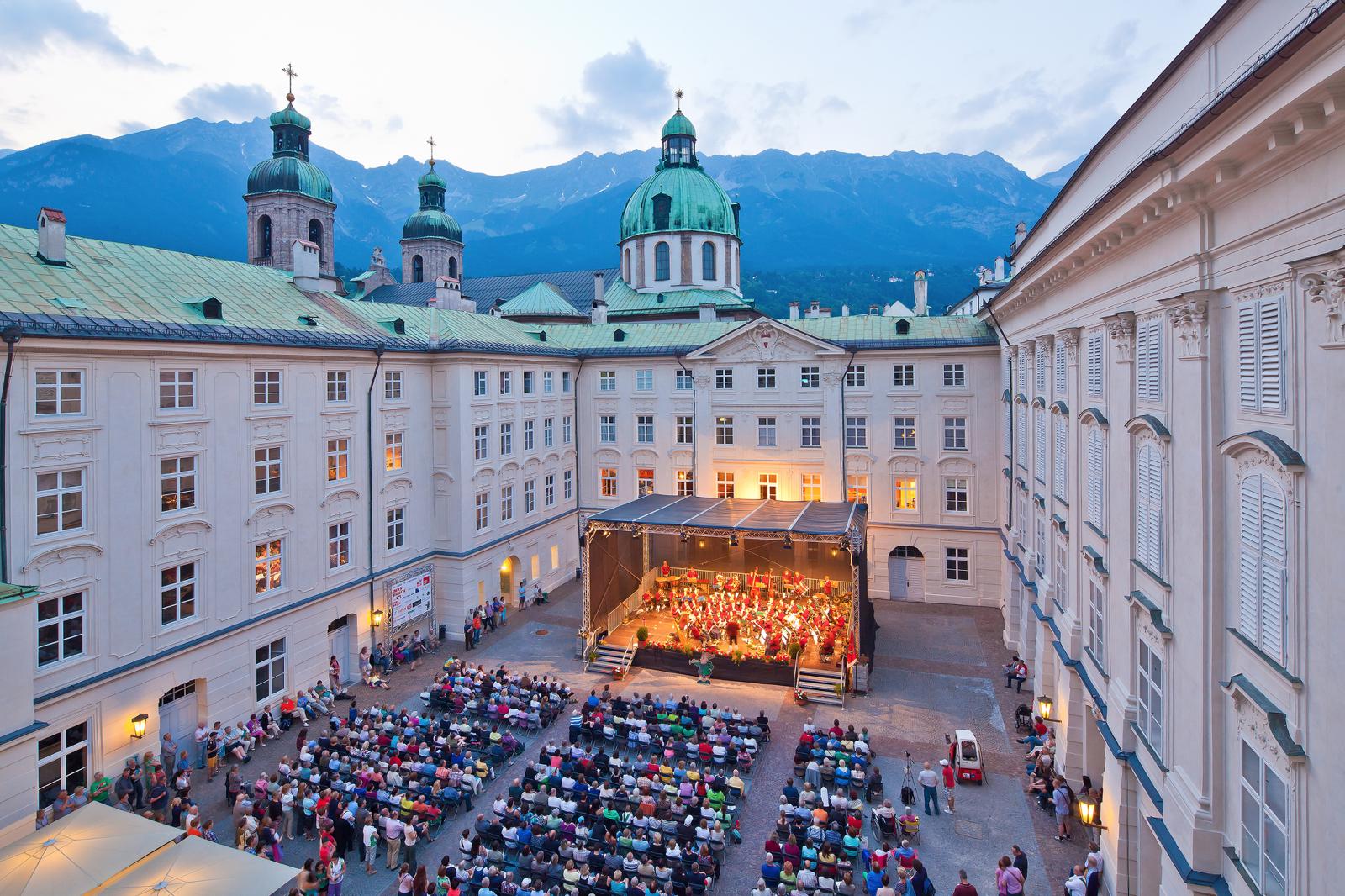Europe Art & Culture
5 Spectacular Classical Music Festivals to Witness in Austria

Austria’s cultural offerings include over 200 festivals that range from world scale events to small regional gatherings and take place on floating stages, imperial palaces and alpine villages
Austria’s cultural offerings include over 200 festivals that range from world scale events to small regional gatherings and take place on floating stages, imperial palaces and alpine villages. What’s more, many of them make use of Austria’s beautiful surroundings and offer sumptuous culinary delights…
Salzburg Festival
Mention Salzburg to a fan of classical music and they will immediately think of this annual festival. Every year, one of the world’s most prestigious arts festivals invites elite musicians, conductors, singers, and actors to enthral visitors from dozens of countries. The success of the Salzburg Festival is based on three pillars: its broad artistic spectrum with a unique offering of opera, theatre and concerts; the possibility of combining the Salzburg Festival with a holiday spent in the city and the surrounding region; and the one-of-a-kind atmosphere that can only be conjured up by a festival hosted in a UNESCO World Heritage-listed city.
The festival will be especially noteworthy come 2020, as it celebrates its 100th birthday. On August 22 1920, the call for “Jedermann” first echoed out on Cathedral Square, marking the official birth of the Salzburg Festival. Today, it covers 199 performances at 16 venues in 43 days.
Festspiele Erl
Erl’s stunning Alpine Music Festival is proof that great music does not only happen in big cities. The festival brings world-class performances and international music lovers to this village of just 1,600 people in the Tirolean mountains. It was founded under the artistic leadership of Gustav Kuhn who hails from nearby Salzburg. The celebrated and occasionally rebellious conductor performed at concert halls and opera houses around the globe himself.
But this is not the only the only highlight in the village’s event calendar. In 1613, when Tirol was still under Habsburg rule, the people of Erl began an important tradition: every few years they would perform the passion of Christ in an original play. The whole village would come together as actors, singers, musicians, playwrights, and directors. This custom survives until today, and the Erl Passion Plays have become the oldest Passion Plays in the German-speaking world.
Bregenz Festival
In 1946, one year after the end of the Second World War, the first Bregenz Festival was held for the first time, despite there not being a single theatre in the city. The inaugural performance was staged upon two barges moored on Lake Constance – one carrying the stage structures for Mozart’s early work Bastien et Bastienne, the other the orchestra. The Festival orchestra from the outset was the Vienna Symphony Orchestra, which has made a major contribution to the evolution and success of the Festival. Today, every year from mid July to mid August, audiences can experience monumental opera performances, theatre and orchestra concerts. Almost 75 years later, an open-air lakeside stage is still home to some of the most spectacular productions.
Innsbruck Promenade Concerts
For more than 20 years, Innsbruck has held the Promenade Concerts. Every summer, in front of the beautiful backdrop of the Imperial Palace, international stars of classical modern music enchant guests of all musical taste – from waltzes and marches to jaunty tunes. The standard repertoire includes international military, police and civilian orchestras, as well as brass ensembles, brass bands and a big band. The balmy summer nights, sophisticated visuals and great surprises by artistic director Alois Schöpf successfully round off the unforgettable atmosphere.
Grafenegg Music Festival
The interaction of culinary delights, the historic castle, landscaped gardens, modern architecture and a world-class range of concerts make the Grafenegg Music Festival a delight for all attendees. Nestled in the beautiful gardens of the Grafenegg Castle – one of the largest castles in Austria, whose origins date back to the late Gothic and Renaissance periods – two award-winning venues have emerged in recent years. The Wolkentower (Cloud Tower) rises up a good 15 metres to the height of the treetops and seats over 1,700 spectators, along with the surrounding hills that provide lawn seating for over 400 people. In case of bad weather, concerts at the Wolkenturm are moved to the Auditorium which represents the link between the traditional and the modern in Grafenegg.
Latest Articles
Don't miss the latest from Luxury Travel
